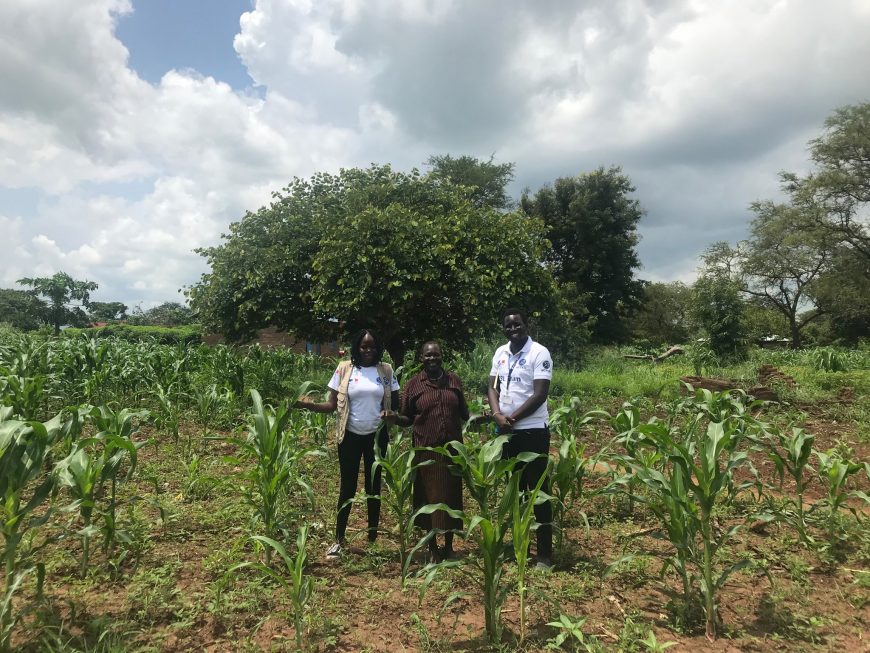In 2020, South Sudan was subject to desert locust swarms which affected neighboring Kenya, Ethiopia, Uganda, and Sudan. The swarms posed an imminent threat to crop production and livelihoods both in South Sudan and throughout the region.
Throughout 2020-2021, environmental pressures in South Sudan impacted families’ livelihoods. To respond to the population’s needs, ACTED supported affected families with necessary agricultural inputs and a cash-based intervention.
Livelihoods at risk in Eastern Equatoria State
Swarms were first reported in South Sudan in January 2020 spreading both locally and across the borders from neighboring countries Kenya and Ethiopia. Within South Sudan, they affected crops and vegetation in Magwi, Lafon, Ikotos, Torit, Kapoeta South and Kapoeta East counties. The greatest impact to food security was seen in Magwi county (Eastern Equatoria State) where the highest incidence of desert locust was observed. 60% of crop fields had been invaded.
4.5 million people in South Sudan have extreme food insecurity and livelihoods needs.
ACTED, in partnership with the Centre de Crise et de Soutien identified and supported locust affected farmers and livestock holders in Magwi County who had been most affected by the locust crisis who were facing food insecurity and who had difficulty working or earning income.
ACTED’s response to support farmers and their families in South Sudan
The most vulnerable households received cash assistance for livestock and basic needs as well as agricultural inputs (seeds and tools) and training on locust preventive measures.
The seeds are perfect, they germinate so well !
Support through the cash transfer modality not only respected the agency of the households as it allows those supported to have autonomy over what they purchase, but it also provided necessary relief to food insecure communities.

The emergency assistance of agricultural inputs and training provided to these communities, enabled them to farm, feed and provide for their families, while learning different methods of farming and pest control; bolstering future resilience to shocks.
